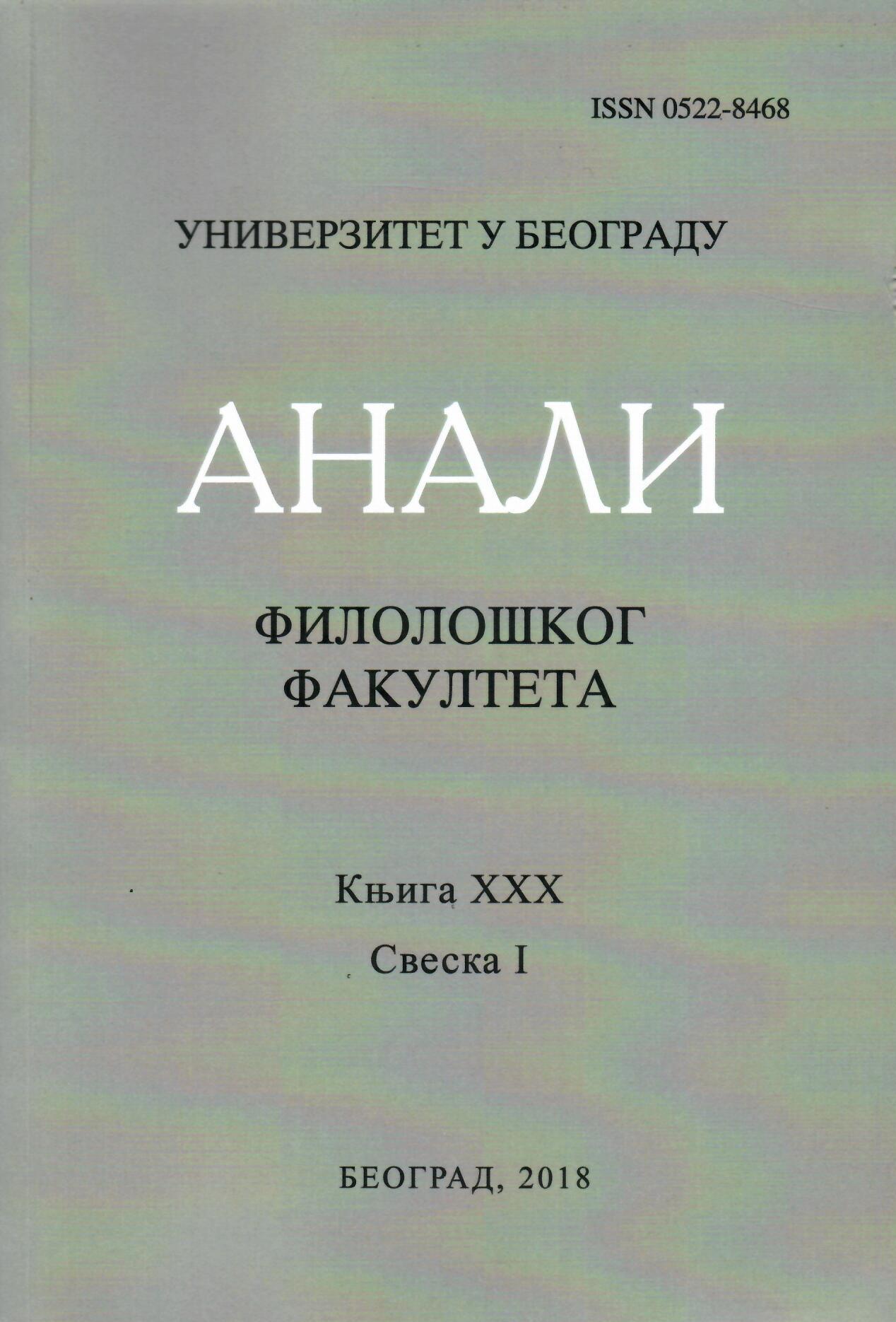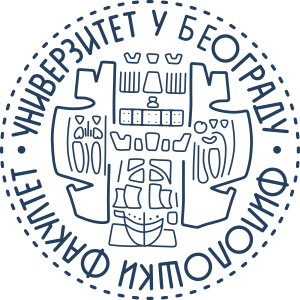An Insight into Peculiarities of Legal English Metaphors
DOI:
https://doi.org/10.18485/analiff.2018.30.1.13Keywords:
Legal English, metaphor, conceptual, language, peculiarityAbstract
Legal English language is characterized by peculiar terminology, specific sentence structure, unusual style of writing, and metaphors. As this paper is aiming to show, comprehensible figurative expressions have long been part of legal diction, even though they have been underestimated and thus understudied in this field until recently. Our analysis will be based on Conceptual Metaphor Theory, which sees metaphor as a matter of thought, and not a matter of language or words. In the corpus consisted of different legal texts, we will identify linguistic metaphors and then postulate underlying conceptual metaphors motivating them, in order to classify these metaphors into different categories and discuss their interpretations and origins. This paper has an objective to make a contribution in this field by providing clarifications of metaphor usage in Legal English discourse, in order to make them easier to understand, and not that intimidating to learn and use.
Downloads
Published
How to Cite
Issue
Section
License

This work is licensed under a Creative Commons Attribution-ShareAlike 4.0 International License.
Authors who publish with this journal agree to the following terms:
- Authors are confirming that they are the authors of the submitting article, which will be published (print and online) in the journal Anali filološkog fakulteta by the Faculty of Philology, University of Belgrade (Faculty of Philology, Studentski trg 3, 11000 Belgrade, Serbia). Author’s name will be evident in the printed article in the journal. All decisions regarding layout and distribution of the work are in hands of the publisher.
- Authors guarantee that the work is their own original creation and does not infringe any statutory or common-law copyright or any proprietary right of any third party. In case of claims by third parties, authors commit their self to defend the interests of the publisher, and shall cover any potential costs.
- Authors retain copyright and grant the journal right of first publication with the work simultaneously licensed under a Creative Commons Attribution-ShareAlike 4.0 International License that allows others to share the work with an acknowledgement of the work's authorship and initial publication in this journal.
- Authors are able to enter into separate, additional contractual arrangements for the non-exclusive distribution of the journal's published version of the work (e.g., post it to an institutional repository or publish it in a book), with an acknowledgement of its initial publication in this journal.
- Authors are permitted and encouraged to post their work online (e.g., in institutional repositories or on their website) prior to and during the submission process, as it can lead to productive exchanges, as well as earlier and greater citation of published work.





